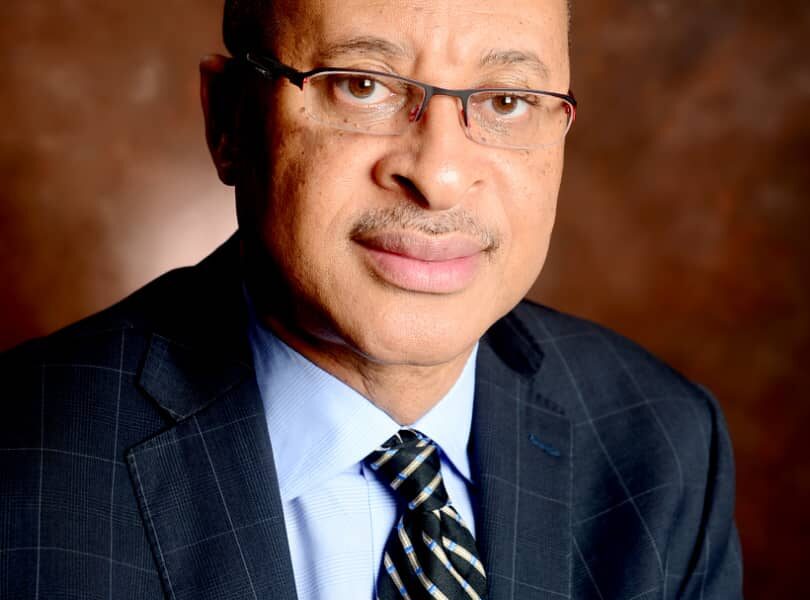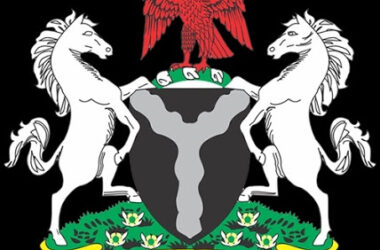The fear of a shadow government, while often dismissed as a fringe conspiracy, finds fertile ground in specific historical and political contexts. In places where the lines between official power and unofficial influence blur, or where past actions suggest a willingness to operate outside established norms, anxieties about hidden control become more than just abstract worries. Recent events, particularly those in Nigeria, illuminate this point.
The specter of a shadow government is not born of thin air. It arises from tangible experiences and perceived threats. When individuals who later ascend to power publicly threaten to form a “parallel government” while in opposition, as was the case with the current Nigerian president and his allies during the Goodluck Jonathan administration, it leaves a lasting impression. Such statements, even if intended as political rhetoric, erode trust in the integrity of official institutions. They suggest a willingness to bypass established channels of power, fueling fears that those same individuals might continue to operate outside the bounds of formal governance once in office.
Professor Pat Utomi’s recent remarks about a shadow government, and the subsequent, swift, and forceful reaction from the current administration, further amplify these anxieties. The intensity of the government’s response, rather than dispelling concerns, can inadvertently validate them. It creates the impression of defensiveness, as if a sensitive nerve has been struck.
This context is crucial. In nations with histories of political instability, military coups, or entrenched corruption, the fear of hidden power structures is not a paranoid delusion, but a rational response to lived experience. The perception that powerful individuals or groups operate with impunity, shielded from public scrutiny, is not easily dismissed.
The digital age, with its rapid dissemination of information and misinformation, exacerbates this problem. Online forums and social media become breeding grounds for speculation, where rumors and half-truths can quickly morph into perceived realities. In such an environment, the lack of transparency and accountability from official sources further fuels suspicion.
The core issue is trust. When citizens lose faith in the integrity of their institutions, they become susceptible to narratives of hidden manipulation. The fear of a shadow government is, at its heart, a symptom of a deeper malaise: a breakdown in the social contract between the governed and the government.
Addressing this fear requires more than just denials and dismissals. It demands concrete actions to restore trust. Governments must demonstrate a commitment to transparency, accountability, and the rule of law. They must actively engage with the public, providing clear and accessible information about their decisions and actions. Strengthening independent oversight mechanisms and protecting whistleblowers are also essential.
In Nigeria, as in many other nations, the fear of a shadow government is not simply a theoretical concern. It is a reflection of real anxieties about the potential for abuse of power. Only by addressing these anxieties through concrete actions and a commitment to open and accountable governance can the whispers of hidden control be silenced.
Ultimately, the fear of a shadow government serves as a potent reminder of the fragility of trust and the constant vigilance required to safeguard democratic principles. While the existence of a monolithic, all-powerful cabal may remain in the realm of fiction, the anxieties it reflects about transparency, accountability, and the potential for hidden influence are very real. Addressing these anxieties through greater openness and ethical governance is not just about dispelling unfounded fears; it’s about strengthening the foundations of democracy itself.







